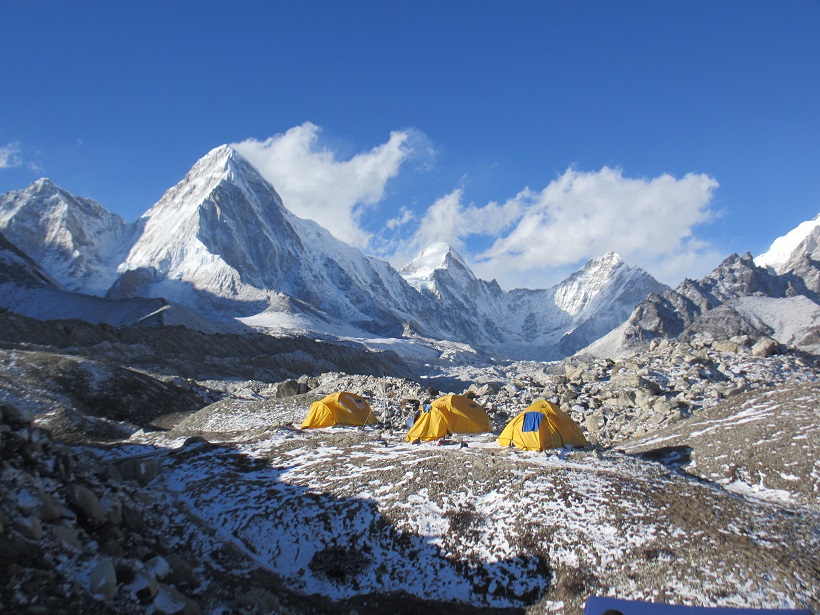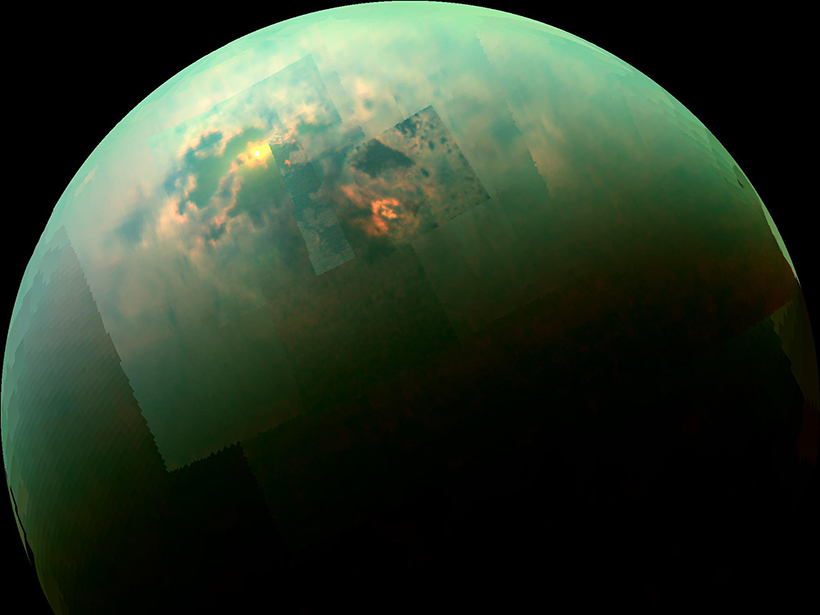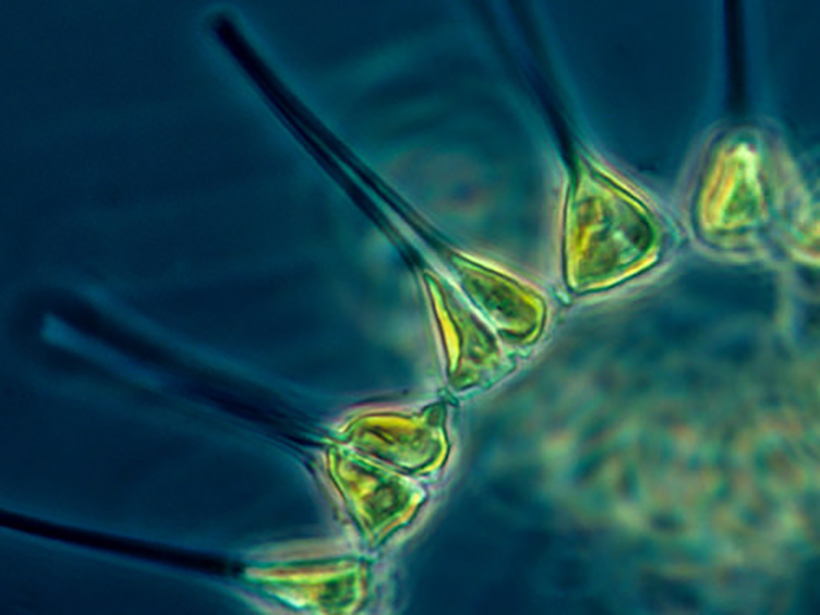The groups protested funding cuts, reductions in staff, and demoralizing working conditions.
CC BY-NC-ND 2017
Deepwater Horizon Dispersant Cleared the Air, New Model Shows
A simulation of oil and gas leakage during the Deepwater Horizon disaster finds that the main chemical dispersant used improved air quality for emergency responders.
Annotation Tool Facilitates Peer Review
AGU journals will incorporate open source software to facilitate dialog among reviewers, editors and authors during peer review.
Hot Water, Cold Ice
Despite careful planning, there can be many uncertainties and unknowns about doing field research in remote locations.
“Do You Expect Me to Just Give Away My Data?”
The Editor-in-Chief of JGR: Oceans explains why the new AGU data policy is important for the rigor and long-term security of scientific research.
VIDEO: The Weird, Wonderful Science Behind Titan’s Atmosphere
Scientists are baffled by a spacecraft’s detection of large molecules in a moon’s atmosphere.
World’s Biggest Oxygen Producers Living in Swirling Ocean Waters
Oceanographers probe the impact of deep swirling vortices on phytoplankton.
Taking the Pulse of the Planet
How fast is Earth warming? Ocean heat content and sea level rise measurements may provide a more reliable answer than atmospheric measurements.
EPA Fuel Economy Standards Review Draws Criticism and Applause
At a public hearing last week, EPA heard testimony about its decision earlier this year to review vehicle emissions standards finalized by the Obama administration in its waning days.
Revising an Innovative Way to Study Cascadia Megaquakes
Researchers probe natural environments near subduction zones to decrypt underlying mechanisms of major earthquakes.










